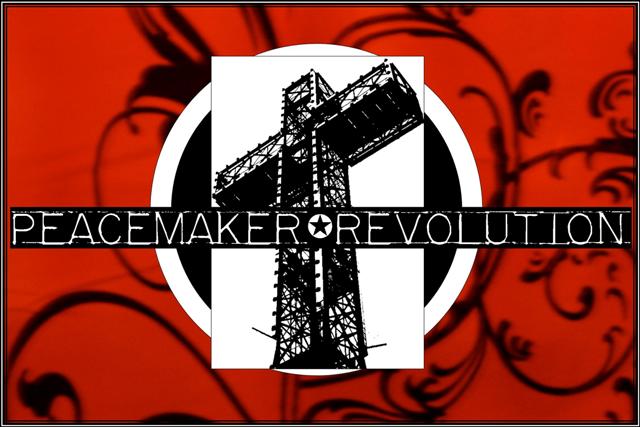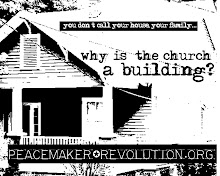
Right now I am reading Spiritual Theology by Simon Chan. Its a fantastic read so far, especially to read a post-modern author from the Eastern World, Chan is a professor at Trinity Theological College, Singapore. In his book he describes spiritual theology standing, "between systematic theology and Christian praxis." I would argue Intentional Community is the pragmatic manifestation of Chan's definition of spiritual theology.
I spent this week in Nashville at the General Assembly of Presbyterian Church of America (PCA). Being a part of the PCA I lose MAJOR points with my predominantly anabaptist peers throughout neo-monasticism. I would argue though, that the PCA, whose identity is rooted in an anti-hierarchical, pro-grassroots, connectional philosophy, is the prime soil to plant neo-monasticism in the reformed world. The PCA is in fact not a speck interested in theological experimentation, but they are perpetually excited about experimenting with the organization of Christian community for the sake of mission and discipleship. I am eager to introduce my friends to the ideas of intentional communities and why they could fit into the larger Church. That got me thinking, at its core, what are we defined by as neo-monastics and what of that could translate to the Church.
The best resource is always the 12 Marks of Neo-Monasticism from the Rutba House. However, to complement this, here are some practical thoughts I'd shared. One of the myths of the subconscious and maybe even at the forefront of some people's minds is that intentional community is essentially for the sake of those living within the community. People dream or maybe subliminally long to recreate some sort of collegiate experience of eternal camaraderie. The type of community I am interested in and I think is the only sustainable form is to create a community interested in mission. To transform a neighborhood externally or to invite people into your home to transform their lives. Sharing possessions, minimizing environmental impact, and of course company, are all good things, but the idea behind them is for the service of a greater mission. Living simply in economics, with less environmental impact and more connected communally all liberate us to change peoples' hearts and the material world.
On the flip side of this misconception is maybe a naivety to solitary component to intentional community. Just because you cohabitate, share possessions, does not mean introverts need not apply. Solitude is a very monastic ideal. Some people only associate solitude with monasticism, when in fact it was a fuel for mission. Henri Nouwen's description of solitude is contrasted by loneliness saying that solitude is when we spend time alone to contemplate and create space to be hospitable to the world, while loneliness is spending time alone thirsting for company.

When solitude and mission come together, we see spiritual theology and we can create a form of intentional community more sustainable than an attempt at hyper-socialization or the strange isolation we create in our culture.
.jpg)






No comments:
Post a Comment